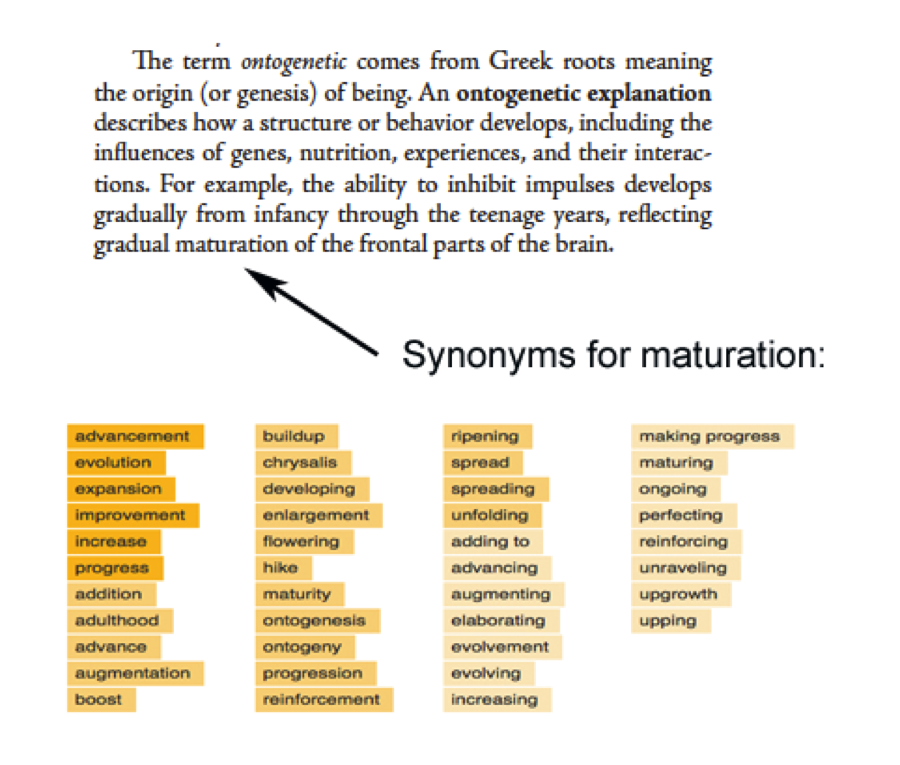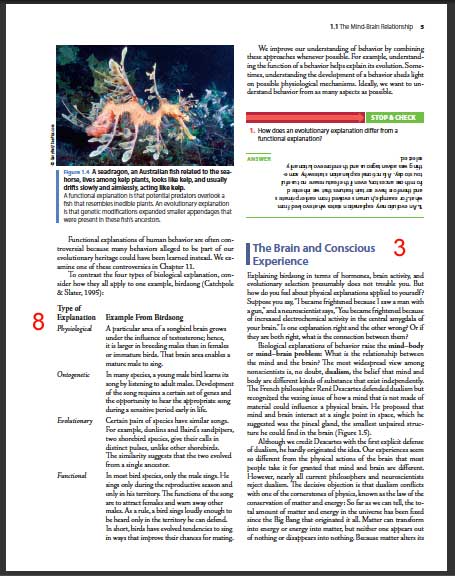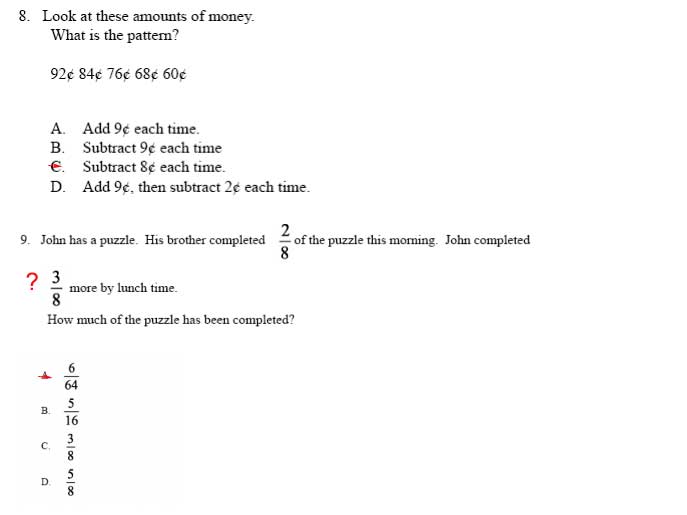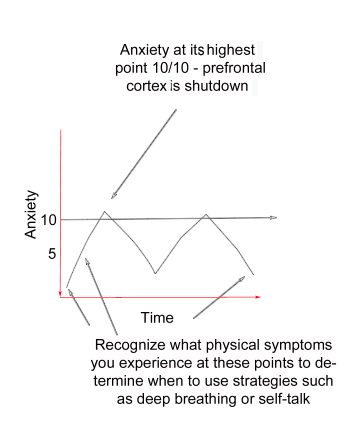Substance Abuse Issues
Once our clients have become aware of the factors that influence their use, strategies are put in place to help reduce need and desire. Sessions focus on recognizing the ‘people, places, and things,’ that promote desire/need and provide client’s with tools to correct for thoughts and challenge behaviours. The goal for our program is to see that our clients reduce consumption and develop healthier behaviours to help cope with their abuse issues.
Clients will be encouraged through the use of positive reinforcement and personal health development. Our program will help clients recognize the need to measure commitment rather than progress.
Please note that clients must be interested in completing a substance abuse program and should not be forced. If they are not interested in attending counselling, an intervention is recommended. If you would like to arrange an intervention, please feel free to contact us to find out how we could help.
Study Skills
Our program has helped students see success academically by preparing them with time management skills, resources to help them better understand material, memorization techniques, and research based exam/ test taking strategies.
Our program is best suited for individuals who are interested in improving their overall academic performance. Counselling in this area is best suited for college and university students.
Note: We do accept some high school students, however this is dependent on their level of maturity.
For more information, please feel free to contact us at 416-999-3437. Our Vaughan and Maple counselling clinics are here to help!
Study Skills You Should Know Before Your Next Exam
 This is the first book of its kind to compile up-to-date (2015) cognitive research and relate it to study skills and student success.
This is the first book of its kind to compile up-to-date (2015) cognitive research and relate it to study skills and student success. This text has helped many individuals in clinical trials see considerable improvements academically. The reported success of the authors research team led to the development of this booklet, which is now being utilized by students worldwide. If you care to remain competitive with your fellow classmates, this is an excellent resource to consider purchasing.
If you're interested in purchasing the text you may do so at amazon.com.

Here is a sample of some of his suggested techinques.
Please note that all suggested techniques are empirically supported (research based):
How to Begin Studying
When should I start studying?
Begin studying for a test or exam as soon as possible. This may mean beginning your studies the first day of class. When you’re assigned a reading in class, you should complete that reading before being assigned the next chapter.
Passive Reading:
Take the time and skim through the assigned reading. This may mean simply reading it without worrying about fully understanding what’s being presented to you. Don’t highlight or look up any definitions or key terms. You may want to do this when waiting for class to start or while travelling to school (on the bus).
Active Reading:
This is the most important step in the studying process. Go through each sentence in the text and make sure it’s understood. If not, try to find clarification. This may mean looking at Internet sources for help. Attempt not to move forward until each section is fully understood. This is considered the learning phase. Use this time to highlight information that you believe is important.
Zoning out when reading?
If you experience difficulties zoning out when reading consider picturing a person reading the text out to you. You may want to picture this person giving a lecture or simply speaking to you one-on-one.
Another technique you may find helpful is to clear your workspace of all clutter. Studies suggest that individuals focus best when their visual, kinesthetic, and auditory processing centers are not being over stimulated with excess stimuli. Removing all items off your desk except for the items needed to study is recommended. The author suggests that student’s create/find a place where it’s comfortable and quiet to study.
How often should I review my notes?
Review each highlight made daily.
Limit your use of a dictionary and switch to a thesaurus:
When you’re confused with specific words in a sentence, try to look them up in a thesaurus instead of a dictionary. When you’ve done so, find a few words that would best fit with the sentence. Replace the confused word with a few words from the thesaurus.

How much time should I devote to studying?
When you are assigned a test, find out how much the test is worth towards your overall grade. This will give you an idea of how many hours of studying you should consider devoting to the test (30% exam/test = 30 hours of studying). Remember, studying is different from passive and active reading. Studying is the time it takes you to memorize the material (not understand). Attempting to understand material should only be performed during the active reading phase. When attempting to memorize material, focus on application and attempt to relate the information personally.
A Week Before the Exam or Test
Go through each section of your notes/textbook and write a number between 1-10 beside each item to be memorized (1 means you’re unsure, 10 means you know it well). For those sections rated below 5, consider spending more time on these areas. This will give you a better idea of where to concentrate most of your time before writing the exam.

When Taking the Exam
If it’s a multiple-choice text/examination, cover the answers before reading the questions. Read the question and try to identify the answer before looking at your choices. Uncover the first choice and consider it as a possibility until you can rule it out. Put a line through it if you believe it not to be a possibility. Continue to do so with the other possible choices.
How much time should I devote to each question?
Ask your professor or teacher how long you should spend on each question. You may be able to do this calculation yourself by dividing the number of questions, by the number of minutes in the exam (e.g., if it’s a 60 question exam and you are only given 60 minutes, you have 1 minute per question). When you arrive in the exam room, you may want to choose where to spend your time. Answer the questions that are easier to answer before spending most of your time with questions that require most of your time and are weighted the same.
The check:
When you’ve finished the exam, go through the exam and mark it yourself. Write a checkmark somewhere along the page for the questions you think you have right and a question mark for those you are unsure of. Relook at the questions with question marks, but only do so at the end of the exam if you have extra time.

Why do I blank out on exams:
When we get anxious, angry, or really upset we sometimes do or say things we don’t mean. At times during this process, our body reacts by releasing hormones that influence the function of the prefrontal cortex. The prefrontal cortex is responsible for logical thinking. Some of us experience difficulties ‘blanking out’ when taking an exam. This is an example of being overly anxious and experiencing difficulties with prefrontal cortex function. When experiencing such difficulties, it’s important to know that anxiety tends to dissipate after 10 minutes. At this time, your anxiety can either revert back into an anxiety cycle or you could use self-care techniques to reduce the amount of anxiety you experience.
 What we think:
What we think: Despite this being an excellent resource for those taking courses focused on testing recall of large quantities of information (e.g., biology, history), it doesn’t provide much information on how to prepare for mathematics or analysis (forming arguments and writing an essay) based evaluations. However, if you are looking for a resource that will help your recall and recognition of fact based information, we are confident to say that this is an informative text that could help you excel academically. Given the rich nature of the text's content and it's research success within the field of psychology, we believe that it's a must read for most students.
Why am I feeling this way?
List all the moods you may be feeling and rate them on a scale of 1-10 (1 being low and 10 being high). Remember moods and feelings are usually described in one word (i.e. irritable, agitated).
Moods/Feelings:
Example:
Sad (9)
Based on the emotions you listed above answer the following:
Environment:
1. What environmental situations are making you feel this way?
Example:
I feel sad because my work responsibilities are overwhelming.
I have saved no money this year.
My partner just ended our relationship
Thoughts:
2. What thoughts are contributing to your feelings listed above?
Example:
I’ll never find another job.
I’ll be broke forever.
I’m unlovable.
Physical:
3. Are there any symptoms associated with your feelings?
Example:
I have an upset stomach most of the time.
I can never sleep.
I have no appetite.
Behaviours:
4. What behaviours are contributing to you feeling the way you do?
Example:
I never take the effort to look for other jobs.
I always spend my money before I can save it.
I beat myself up for my partner leaving me.
Schema:
5. Is there anything in the past that might be making you feel the way you do?
Example:
I never used to speak my mind at home when my chores began to become too much to handle.
I often spent more money when I was sad.
I tend not to try in relationships when I find a fault in my partner.













